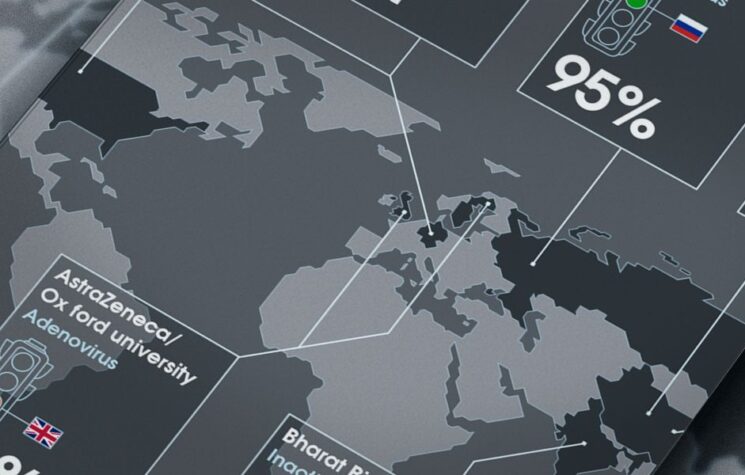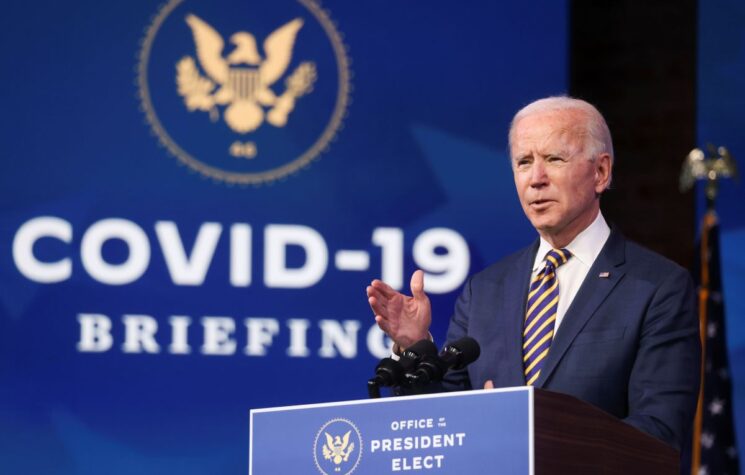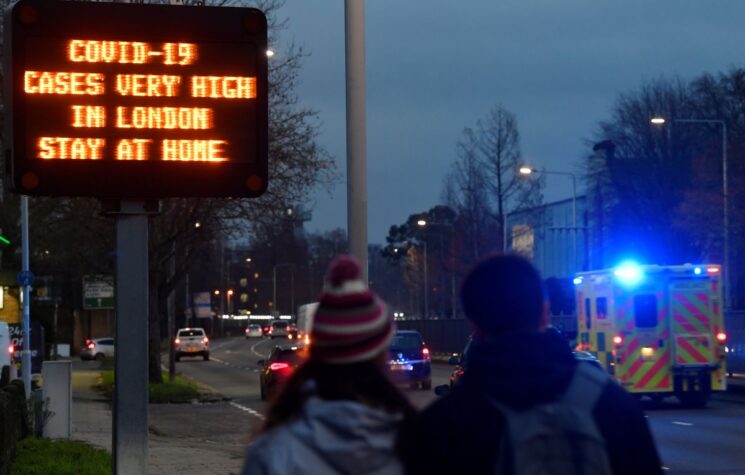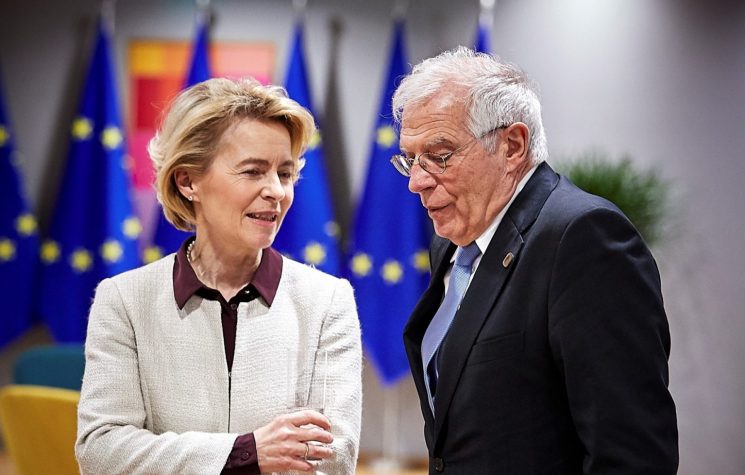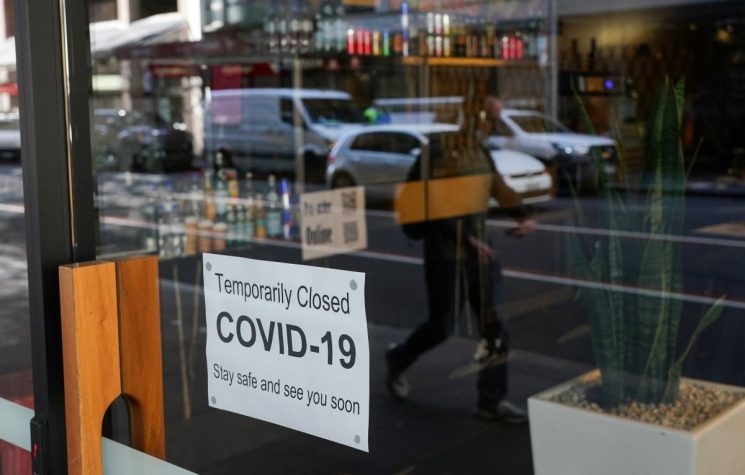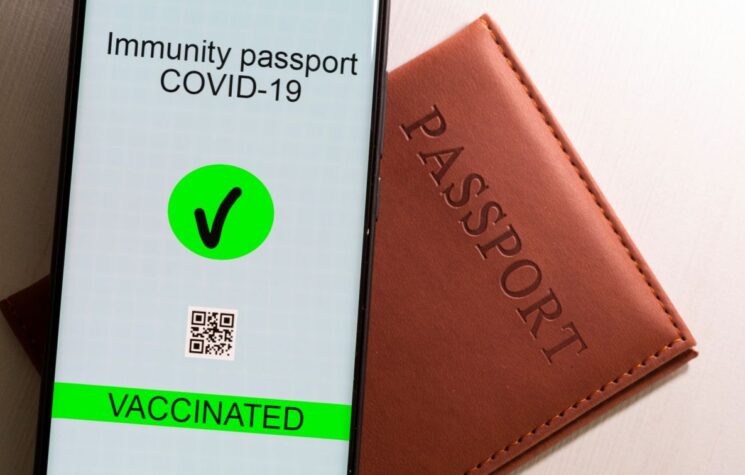With the deaths rising in countries like Italy many are wondering if the EU will run out of time to claw back the credibility that the European Commission and Ursula von der Leyen badly needs.
Was it the great Groucho Marx who once said, when asked about whether he was a member of a club, “I wouldn’t want to join a club which would accept me as a member”?
Is this perhaps the dilemma now for many member states of the European Union who are beginning to wake up to some harsh realities about the project? Italy, for sure, will be counting its dead and wondering why or how the EU managed to take so long to get around to buying vaccines when a non-EU member state – Britain – surged ahead and was the first in the queue. Germany also succeeded in buying its own vaccines, in a stark defiance of EU rules which dictated that it would be only Brussels which would roll out a pan-EU program. Hungary went even further and ordered the Russian vaccine leaving many aghast in the Belgian capital.
The vaccine which Germany bought ahead of the EU program was BioNTech-Pfizer. Presently, there are now 600 million doses of this vaccine available to member states.
Pfizer previously said it could only produce up to 1.3 billion doses this year, Reuters reported.
The commission, on behalf of member states, has sealed deals with Moderna, AstraZeneca, Sanofi-GSK, Janssen Pharmaceutica NV, BioNTech/Pfizer and CureVac for up to 2.3 billion vaccine doses.
Currently, BioNTech-Pfizer and Moderna vaccines are the only jabs authorised in the EU though, which is causing real problems both for the EU executive’s credibility as a pseudo superstate but also for the strength of the project itself, particularly in the wake of the sour grapes narrative coming from Germany which, it would seem is to pay its debt back to Brussels for its rule-breaking, is leading the cavalcade of disinformation and rank propaganda.
And chief amongst its main targets for criticism is, of course, the UK, which, bereft of its ties with Brussels, surged ahead and bought its stocks straight off the mark and is currently boasting of having vaccinated 10 percent of its adult population. The best any EU country can do to come close to that is 3% and so the European Commission is feeling the heat of a PR strategy which is based on the mantra “when in hole, keep digging” and just keep spouting drivel and hope that EU citizens won’t notice that it will be the UK in the summer which will have all of its over 50s vaccinated, when most EU member states would have only just begun theirs.
What is especially self-defeating is the antagonism towards the UK, which not only manifests itself with fish deliveries by British fisherman being blocked from entering EU markets, but the drive to destroy the credibility of AstraZeneca vaccine which is made in the UK and is both the target of ridicule from Brussels and Berlin yet whose bosses are under fire for delivering stocks late to the EU, due to Brussels red tape taking so long to sign off the first order.
And herein lies the essence of the EU and all its foibles. A wannabe superstate which struggles with the real big issues facing it and is forced to be a tough dictator of draconian rules, while its bureaucracy grinds forward with its banal committees, working groups, parliamentary motions, white papers, directives and god knows what else.
The dwindling credibility is surely with Ursula von der Leyen and her European Commission, painfully lowering itself onto its own sword as each decision, day by day, makes it look like a loser who just can’t accept the reality. There is a dire lack of unity and dynamism in the EU in recent years. It appears quite nimble at adopting regulations over mobile roaming rates, or the sizes of European citizens’ windscreen wipers, but can’t tackle the really big issues when it needs to.
Brexit made it look ridiculous. Even the most stalwart supporters of the project are licking their wounds now and reflecting on how the big picture alluded the call-centre politicians who whined over fish quotas and pulled every cheap trick in the book to try and intimidate Boris Johnson.
But now the EU looks even a bigger loser than ever with these post-Brexit stunts and the attacks on the UK. Can the EU not see how its policies are sinking it at an alarming rate? Just recently, the six-year EU budget was both agreed by member states and signed off by the European parliament. But not without a fight from Poland and Hungary who both surely watch closely now how the EU deals with what some policy wonks are calling its “worst policy ever” – the catastrophe of the Covid rescue plan, which started off by putting politics first, by awarding a huge contract to France’s Sanofi group, which failed to deliver, followed by bungling orders and delays, which has now left the EU wide open for a blowback from its erstwhile supporters who, it is afraid, will block its aims towards “further integration” – which is euro jargon for decentralisation of power away from member states towards a federal eurostate based in Brussels. The budget which now the EU operates with is somewhere in the region of 2 trillion euros for six years – three times what the EU was working with when the author left Brussels in 2006. Each time, the EU loses credibility, amasses failure and hesitation, each time it fuels far-right groups at the ballot in EU elections, and each time it fails in all of the big issues, the EU has only one default setting. Get more money and give the European people more of what the EU does.
But is it too late? With the deaths rising in countries like Italy, which has long battled with the idea of leaving the eurozone and taking back control of its economy, many are wondering if the EU will run out of time to claw back the credibility that the European Commission and Ursula von der Leyen badly needs. Covid fiasco will force many citizens in countries who are sceptical about the EU as a federal superstate, to watch the UK and see how it wrestles – but survives – the petty, puerile stunts which the European Commission plays with it every day and decide for themselves who are the winners and who are the losers. The Netherlands, Denmark, Poland, Hungary and even France all have an itch to scratch. But most likely it will be Italy which this year makes the first move towards some kind of Brexit. With Italy leaving the eurozone though, the Groucho Marx quote about the club and its members is no longer valid. The club will simply no longer be there.








